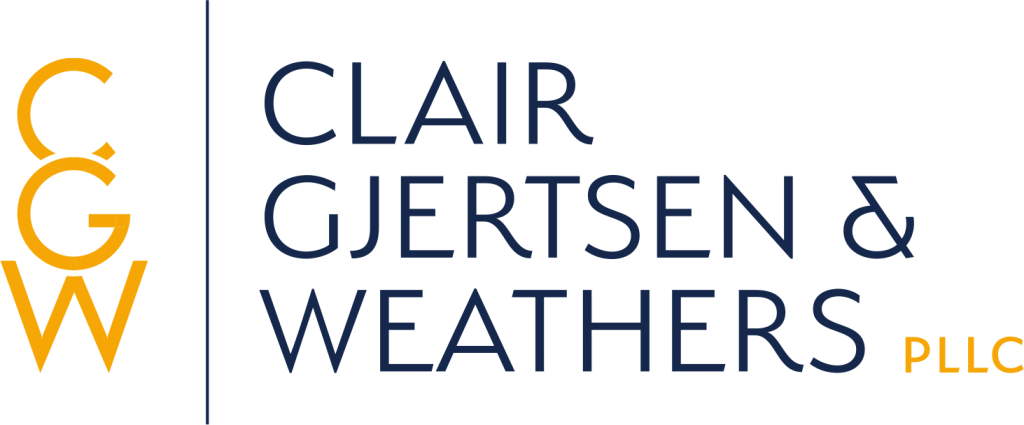What is a Loan Modification?
In its simplest form, a modification is a change to your existing mortgage. Many homeowners turn to the modification process when they have fallen behind on their payments. Modifying your mortgage can help you avoid foreclosure by either adjusting the term of your loan, lowering your interest rate, or lowering your monthly mortgage payment. However, eligibility requirements are different for each lender. Therefore, if you are having financial difficulties, it is important to reach out to your lender as soon as possible to explore your options.
How does Loan Modification work for your Mortgage?
Each lender has different parameters for what they can do in offering a borrower a modification. Based on these parameters, there are a number of different ways a lender could modify your loan. Please see the possibilities below:
Extending the term of your loan:
To make your monthly payments more affordable, your lender could extend your mortgage term. For example, if you currently have 20 years left on your mortgage, a loan modification could be offered with a new loan term of 30 years.
Lowering the Interest Rate:
Reducing the interest rate by even 1% can make a significant difference in savings. Your lender will determine if they can lower your interest rate or if you had an adjustable interest rate offering a modification with a fixed rate.
Balloon Payment:
If you have accrued past due charges, including interest, late fees, and escrow that you cannot afford to pay in full but can afford your monthly mortgage payment again, the bank could add these charges as a balloon payment due at the maturity date of your loan.
Loan Forgiveness:
In rare circumstances, lenders will reduce and/or forgive the principal, late fees, and interest that has accumulated on your account. Some lenders have restrictions on forgiveness, and each lender will consider the current fair market value on your property, how much you owe and what its loss would be if they went through with a foreclosure.
Who Qualifies for a Loan Modification?
Generally, homeowners must be delinquent in their mortgage payments before they would be eligible to apply for a loan modification. In some cases, if a borrower is facing an imminent default, either from a job loss, loss of spouse or disability/illness, your lender will consider a loan modification.
How can I apply for a Loan Modification?
Contact your lender and ask if you are eligible to be reviewed for a modification? If so, ask them to send you a modification application.
The application will ask for your personal information, as well as the numbers related to your income and expenses and a brief explanation as to why you fell behind in your mortgage payments. As part of the application, it will also require that you provide corresponding financial information, including but not limited to your W2 paystubs, self-employment income (i.e.. Profit & Loss Statements), tax returns, bank statements, utility/cable bill, etc.…
The application process can take anywhere from 1-6 months before the lender renders a decision. It is common after your application is submitted for your lender to respond with a request for additional documentation. Once the lender has deemed your application complete, a decision is generally forthcoming within 30-45 days.
Loan Modification Approval:
If your lender approves you for a modification, there is generally a 3 to 6 month trial period. During this trial, you can resume making monthly mortgage payments pursuant to the trial agreement. At the end of this trial period, your lender will prepare and mail you a permanent modification agreement. This agreement will set forth the full terms of your modification agreement. You and your lender will execute this agreement.
Loan Modification Denial:
If your loan modification application is denied, you usually have the right to appeal. The denial letter will include a deadline to appeal, which you will need to comply with. Most denials stem from either missing and/or incomplete documentation or insufficient income. However, you are entitled to know why you were denied, what your income was calculated as, and the potential restrictions on your loan.
Is Loan Modification a good idea?
If you are behind on your mortgage and cannot afford to pay off the arrears, then a loan modification might be the only way to avoid a future foreclosure lawsuit. Therefore, it is always important to reach out to your mortgage servicer as soon as you have defaulted or if you are facing an imminent default.
How a Lawyer May Help:
The loan modification process can be confusing and overwhelming for homeowners. You could be stuck on the telephone with your lender for hours trying to understand how to apply for a modification or trying to decipher the issues with your incomplete application. At CGW we have helped thousands of homeowners for decades through the modification process. We know the ins and outs of what lenders are looking for and do our best to streamline the process. Allowing us to represent you through this process will give you your best chance at receiving the most favorable outcome.
Please give us a call at 914.472.6202 for a free consultation to discuss your loan modification options in detail.
